Can bamboo be recycled?
Bamboo is the world’s fastest growing plant and has recorded a maximum growth speed of more than 1.5” per hour! Despite many people referring to bamboo as a wood, it is technically a grass as “bamboo wood” is not taken from a tree.
Bamboo grows almost everywhere in the world with Wikipedia noting more than 1,000 species of Bambuseae (Bamboo) in existence today. (Although some websites note more than 1,500). The largest colonies of bamboo exist in East Asia, mainly in China, Vietnam, Thailand and Indonesia, but bamboo also grows in high volume in some parts of Africa, South America and Australia!
In recent years, due to it’s sustainable qualities, bamboo has been used to make a variety of eco-friendly products. Examples include this handmade bamboo cutlery set or this stunning bamboo cup.
The question remains however, is bamboo recyclable? And if not, then just how do you dispose of bamboo?
Before we delve deeper into how to recycle bamboo and bamboo recycling in general let’s first take a look at if recycling bamboo is even the best way to dispose of bamboo products!
What other ways are there to dispose of bamboo?
Well, some bamboo products can be disposed of naturally. Woods and grasses are biodegradable if they do not contain chemicals and certain products can also be composted. But are these methods of disposing of bamboo better? Let’s compare!
Can you compost bamboo?
Composting could be considered a type of bamboo recycling and simply put it is the process of transforming organic matter into fertiliser that can be used to enrich and replenish the nutrients of garden plants.
Composting is a natural process, but combining leaves, food waste and other organic materials in the right quantities can speed up the process, so for anyone keen on getting started in the world of composting, we recommend watching a few helpful tutorials, but is bamboo compostable?
Read on and find out!
Here are a few resources for learning how to compost:
How to compost video
In-depth guide to composting
Composting for dummies
Compost starter kit
Can bamboo products be disposed of using composting?
The answer depends on which products you are attempting to compost and you should always check with the brand that you bought the product from as some bamboo products are coated with chemicals or plastics in order to make them more water resistant.
Bamboo products from Jungle Culture can all be composted, but some products need a little bit more preparation than others! (The exception is our bamboo razors which are non-compostable)
A lot of customers ask us if they can compost bamboo toothbrushes. Our bamboo toothbrushes and 100% of bamboo toothbrushes that are currently on the market can be composted, but only after the bristles are clipped off, as these all contain inorganic matter that cannot be broken down during the composting process.
To compost your bamboo toothbrush, simply clip the bristles using a pair of scissors and snap the toothbrush into several smaller parts. The base of our toothbrushes and most bamboo toothbrushes are natural, but please check with the brand that you bought your toothbrush from to make sure.
Our bamboo washing up brushes can also be composted, as can the natural bristles which are made from coconut husk and sisal grass. However, most brushes have metal components which must be removed before composting.
As you can see from the graphic below, it can sometimes be difficult to distinguish which bamboo products are recyclable and non-recyclable. We recommend always asking the shop or manufacturer.
This graphic shows if you can recycle wooden cutlery and bamboo cutlery.

Verdict on composting bamboo
If you’re lucky enough to have a garden where you grow plants and flowers then composting is the most eco-friendly way to dispose of bamboo products. By composting bamboo, you are recycling it and using it to help enrich other plants. Bamboo compost is also incredibly enriching for other plants in your garden, and bamboo composting is just plain fun! Essentially, you are using an organic material to feed other plants in your garden. Could anything be more sustainable than that?
Remember to check with the manufacturer to see whether your bamboo product is compostable! Recycling bamboo products is easy, but only once you know if they have been combined with non-organic products.
Is bamboo biodegradable?
Biodegradable materials are essentially products or matter that can be broken down into increasingly smaller pieces by microbes, fungi or bacteria and reabsorbed into the surrounding environment. Biodegradable as a term can sometimes be misleading as technically everything will break down, including single-use plastics… therefore some producers may feel that they can label their plastic products as “Biodegradable”.
On top of this, just because a product is biodegradable, this doesn’t necessarily mean that it’s eco-friendly as many biodegradable products break down into greenhouse gases which may not be collected by the landfill site that the product is sent to.
All bamboo, regardless of whether it contains chemicals and plastic is biodegradable, but the process will take a very long time if the bamboo product in question contains inorganic materials.
If your bamboo product is natural or organic, you can dispose of it in a green waste bin, but make sure to remove any man made materials such as the nylon bristles of a bamboo toothbrush. If it’s not organic, then sending it to a landfill probably isn’t the best way to dispose of your bamboo.
Can you recycle bamboo?
Recycling bamboo is a contentious issue as many bamboo products can be recycled, but some bamboo products can not be recycled. The answer also varies wildly between different countries as some places have vastly superior recycling infrastructure than others!
So, how is bamboo recycled?
Well, if you want to recycle bamboo then we recommend checking with your local recycling authority before placing your bamboo plates and other bamboo products in the recycling bin!
In the UK, natural bamboo can be recycled and our friends at UNISAN have produced this handy recycling article which outlines in simple YES & NO terms, which materials can be recycled and which materials cannot be recycled. Bamboo is considered a grass and can be found under the ‘garden waste’ section of the guide! Remember some bamboo products such as bamboo beard combs can be recycled directly, whilst others such as bamboo hairbrushes will need to be altered before recycling. Consult the product manufacturer for more information!
“Which?” have also produced an epic recycling guide that goes through how to recycle bamboo and other products in the UK.
It is important to remember that bamboo mixed with chemicals or artificial materials such as melamine cannot be recycled and we recommend checking with each individual brand before purchasing a bamboo product, as many bamboo products do contain artificial compounds.
We’d also recommend cleaning your bamboo products before putting them in the recycling bin, as sometimes contamination from food or other products can make bamboo more difficult to recycle. We’ve produced a handy bamboo cutlery care guide which runs through how to clean your bamboo cutlery and other products!
Best way to dispose of bamboo products
If your bamboo products are 100% natural, such as Jungle Straws or Jungle Culture’s bamboo cutlery then composting is almost certainly the most environmentally friendly way to recycle bamboo. However, if the product is not organic, then sadly it may not be compostable or recyclable through normal means.
If this is the case, then do not fear! You may still be able to recycle your product through a specialised recycling company. We recommend gathering up a few non-recyclable items and sending them to Terracycle who can help recycle products that are generally considered non-recyclable. Not familiar with the process? Jungle Culture is more than happy to recycle “hard-to-recycle” products for our customers, simply send them to us with a note and we’ll take care of the rest!
If you're wondering how to dispose of cut bamboo, then a green waste bin is your best bet!

How to dispose of bamboo products?
Here we'll explain how to recycle bamboo products. If you would like to add ways to recycle bamboo products of a different sort, comment below!
Bamboo bowls - This one is a bit complicated! Bamboo bowls are made using two different production techniques. Spun bamboo and block bamboo. Spun bamboo bowls like the ones sold by Jungle Culture are made using bamboo fibres, wound together and bound using adhesive. Block bamboo bowls are made using chunks of bamboo glued together. Both can be recyclable, but if the product has paint or a chemical glue on it then it probably isn't compostable.
Bamboo cotton buds - Most bamboo cotton buds (Including Jungle Culture's) are made using natural bamboo and organic cotton. Typically, this means that they are all fully recyclable and compostable.
Bamboo cutlery - Most bamboo cutlery sets are machine made and coated with tons of nasty chemicals, making them non-recyclable and non-compostable. Jungle Culture’s bamboo cutlery sets are handmade using organic bamboo and entirely compostable and recyclable. (They are essentially a hand carved set of sticks).
Bamboo dish brushes - Bamboo dish brush sets are made using one piece of solid bamboo per utensil which is then equipped with coconut or sisal (grass) fibre bristles. The bristles are held onto the brush using a metal spike interior. Most sets are completely compostable with the exception of the metal spike which should be removed.
Bamboo fabric - From bamboo socks to bamboo bed sheets, the question is, is bamboo fabric recyclable? The answer is it depends on whether or not the company you purchased your fabric from uses a blended material or a mono material. We advise you to check before purchasing and always look for clothes that are made from recycled materials and not just recyclable… This ensures that the whole buying process is circular.
Bamboo hairbrushes - Made using a bamboo exterior, bamboo bristles and a fibre mesh, bamboo hairbrushes are compostable. We'd recommend chopping the bristles and mesh off to help the process.
Bamboo plates - Most bamboo plates are single-use and made without chemicals. However, check with the manufacturer to see what is the most eco-friendly way to recycle bamboo plates. Normally, they can be broken down and composted.
Bamboo soap dishes - Bamboo soap dishes are typically made by carving one large piece of bamboo. Sometimes, to prevent mould the soap dish can be coated with a chemical lacquer. At Jungle Culture we do not coat our soap dishes and instead recommend to wash them thoroughly once in a while.
Bamboo straws - Bamboo straws can be composted or recycled as long as they are naturally made. Almost all bamboo straws farmed in Vietnam and Indonesia are natural (but still check with the manufacturer). If your bamboo straws come from China or India then proceed with caution as they may be treated with chemicals or contain a thin polymer coating.
Bamboo toilet roll - According to UNISAN used waste paper cannot be recycled in the UK, but check with your local authority if you live in another country!
Bamboo toothbrushes - To recycle bamboo toothbrushes, trim the bristles off using a pair of scissors or simply cut off the head and dispose of it. If the base is organic then this can be recycled or composted.
Hopefully, using this list of common bamboo products you can work out whether your bamboo product can be recycled. If not, leave a comment below and we’ll add your product to our list! Porch have also given us some great recycling and reusing tips.
Conclusion:
The most sustainable way to dispose of bamboo is definitely to compost it! If you have the means, the time and your bamboo product is 100% natural, then this is certainly the way to go.
If you are the owner of a non-natural bamboo product, check in with our friends at Terracycle who might just have a solution for you. If they don’t then why not try a more creative approach?
You could always try to use the product in an art or home decor project or maybe repurpose it as something else entirely? Whatever you do with your old bamboo products, make sure to be diligent about recycling before buying products in the future!
Interested in learning more about bamboo? Here are some articles for additional reading:
Can bamboo be grown in the UK?
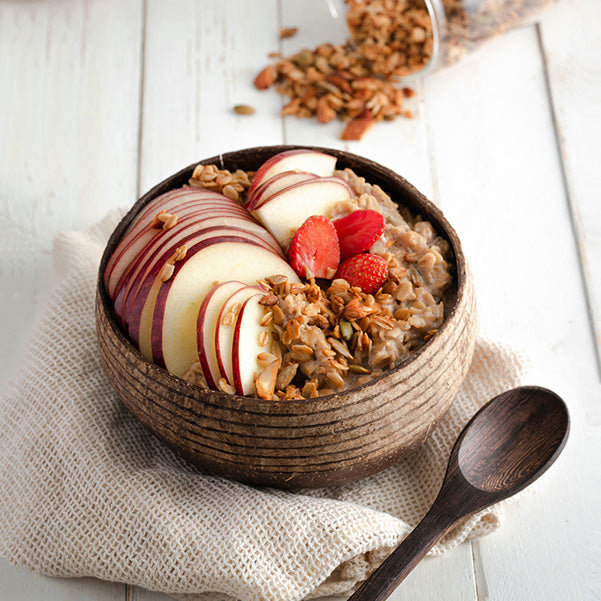
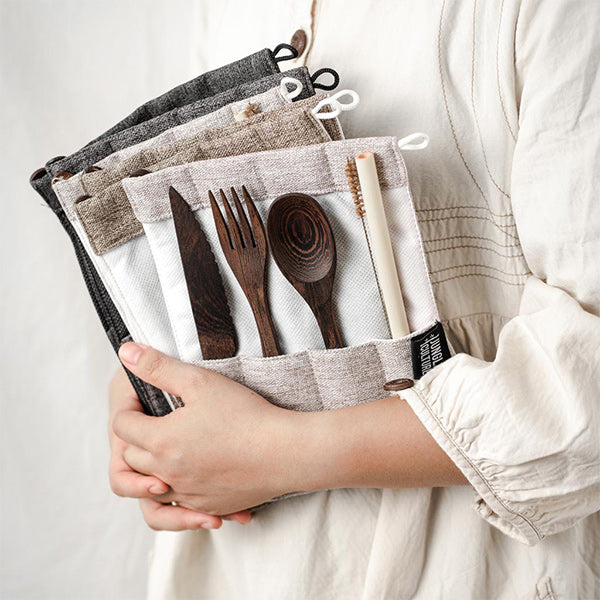
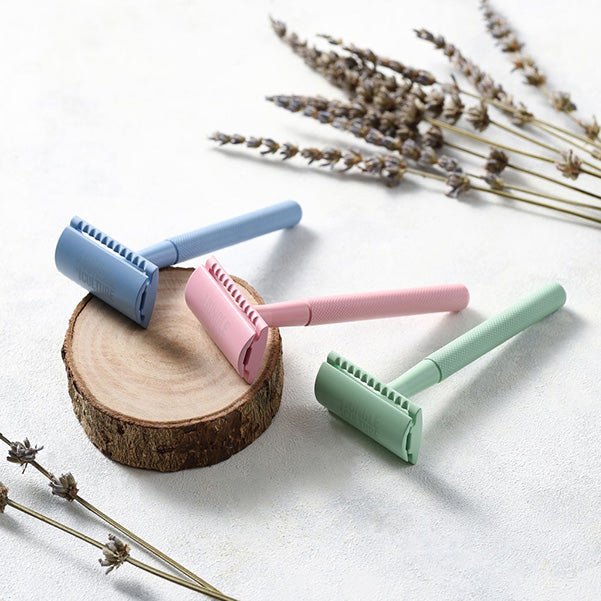
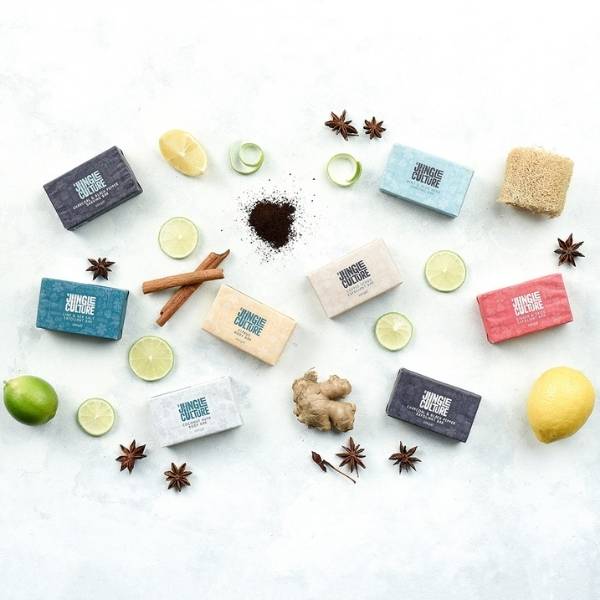
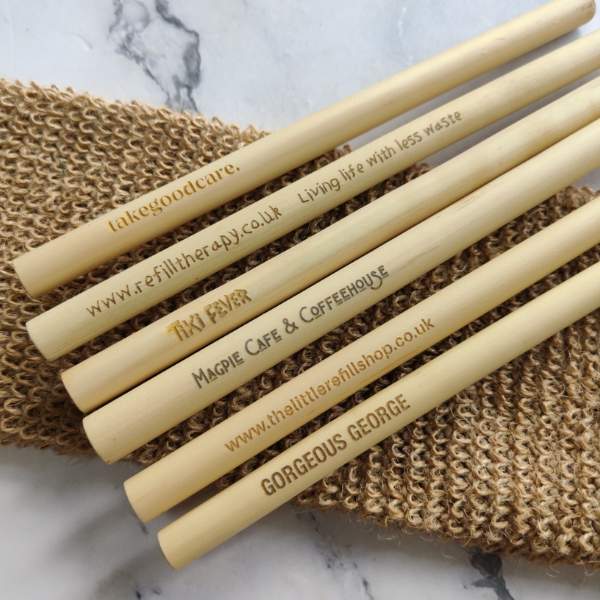
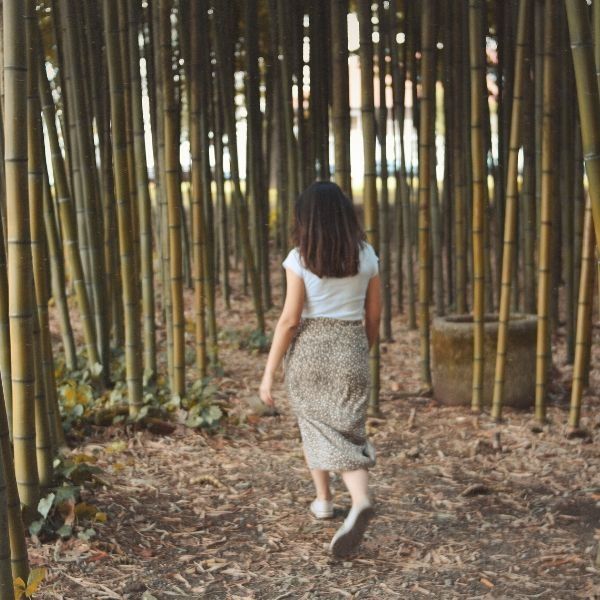
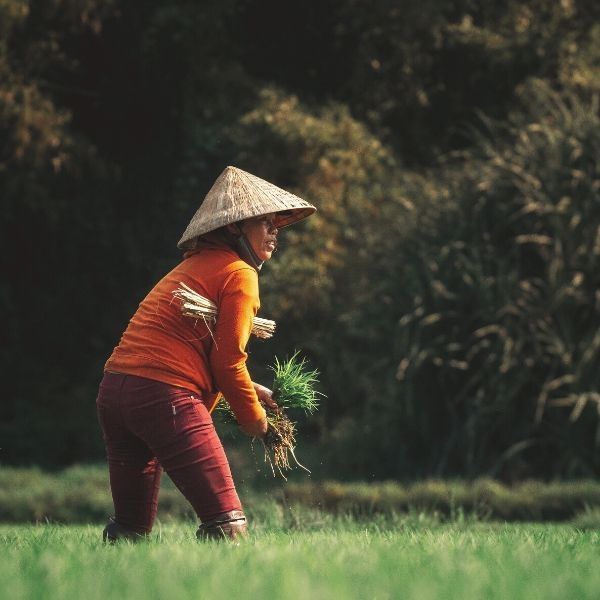
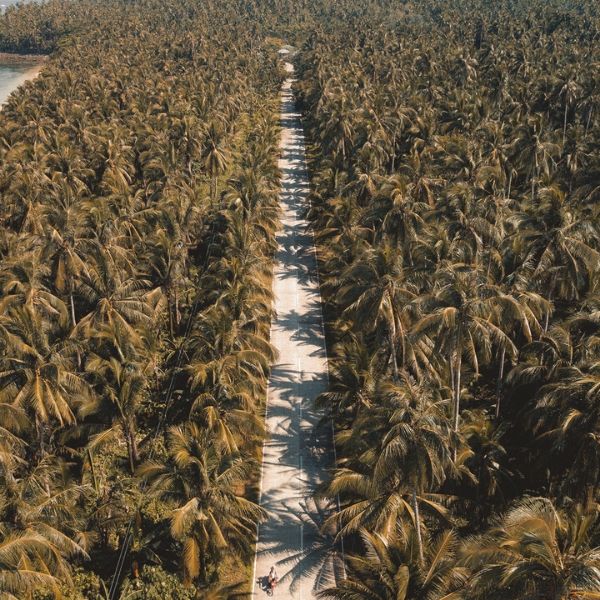
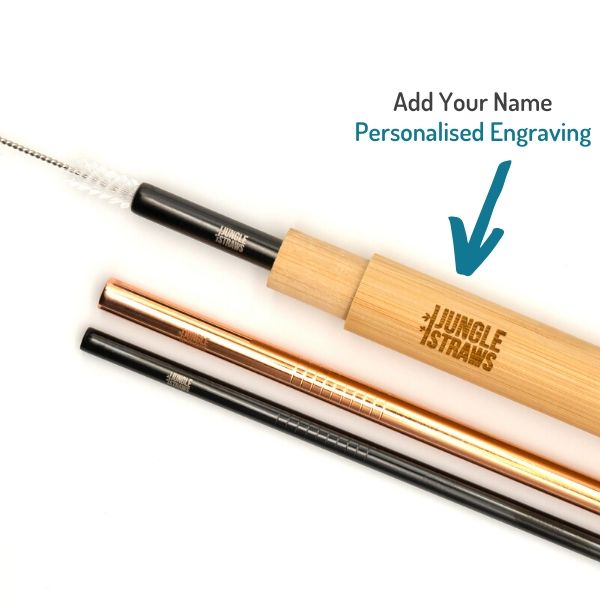
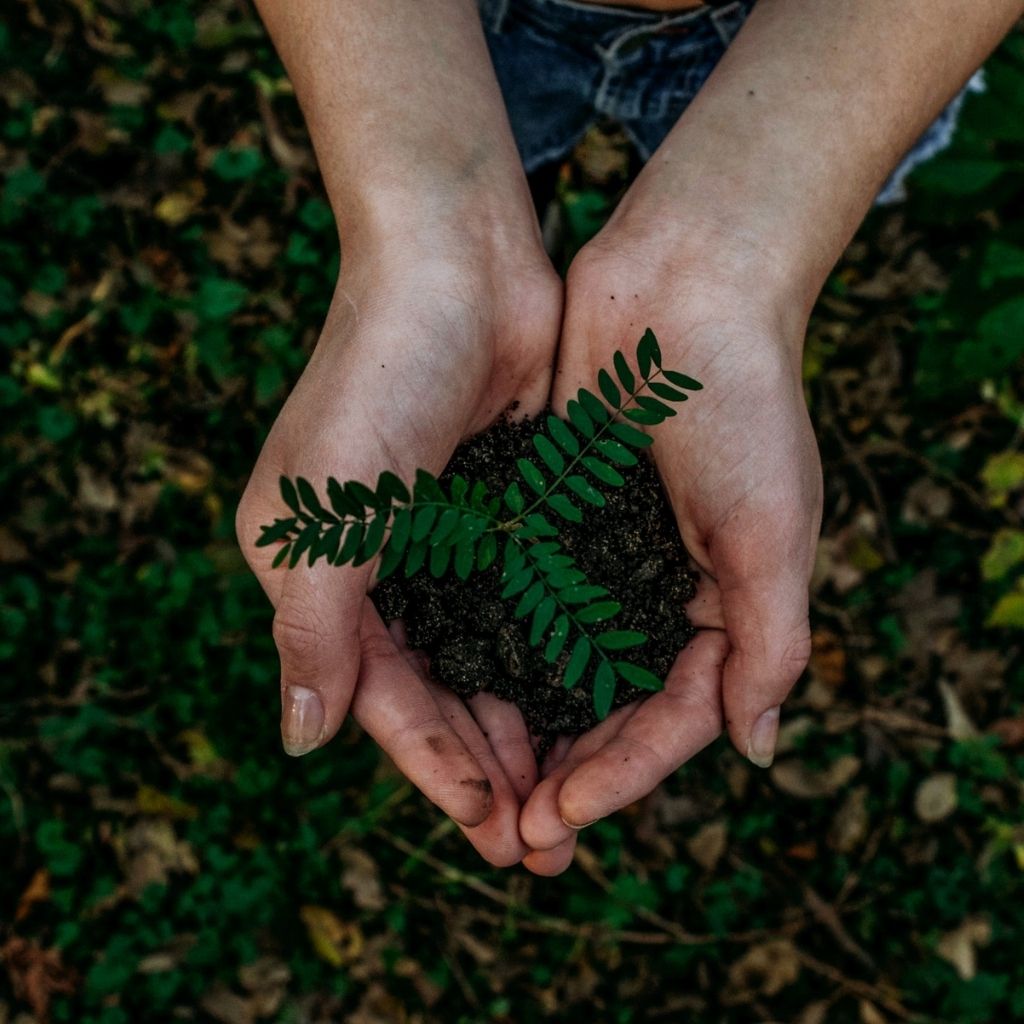

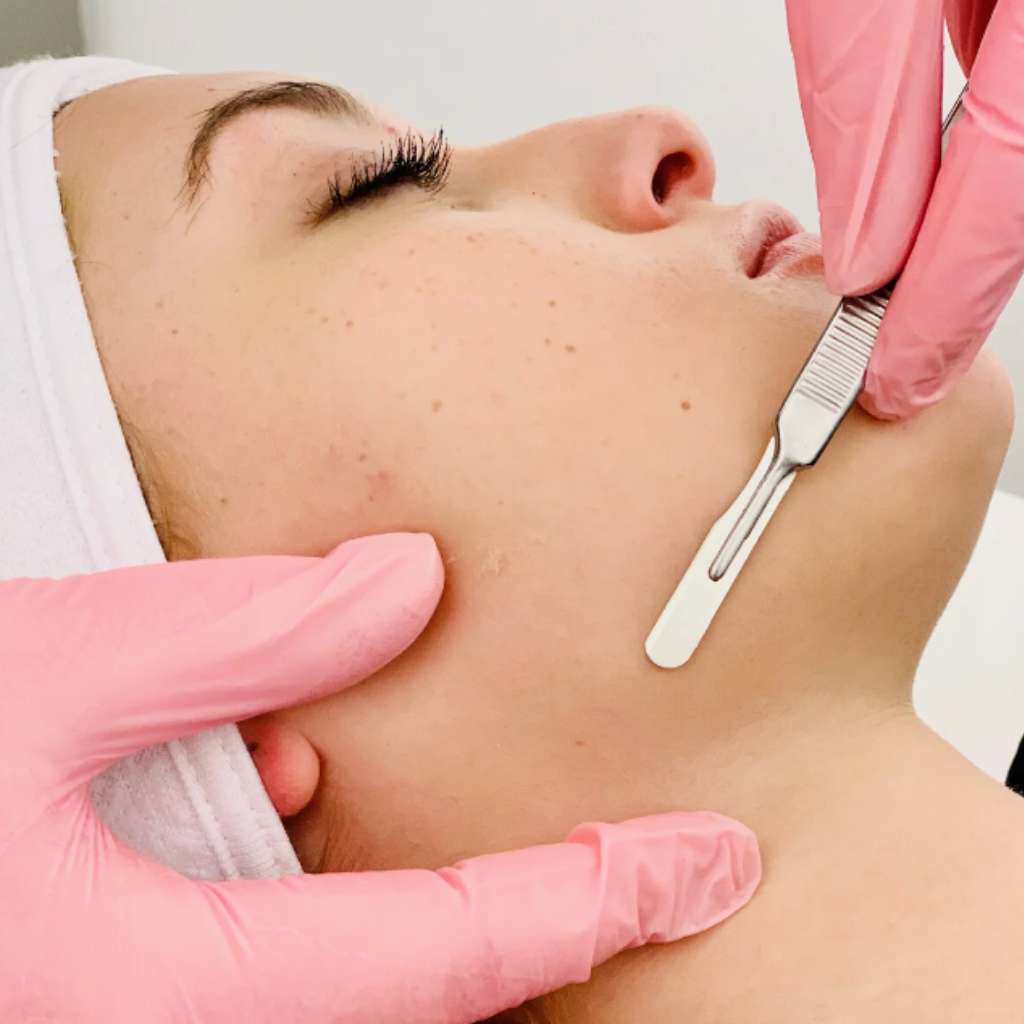
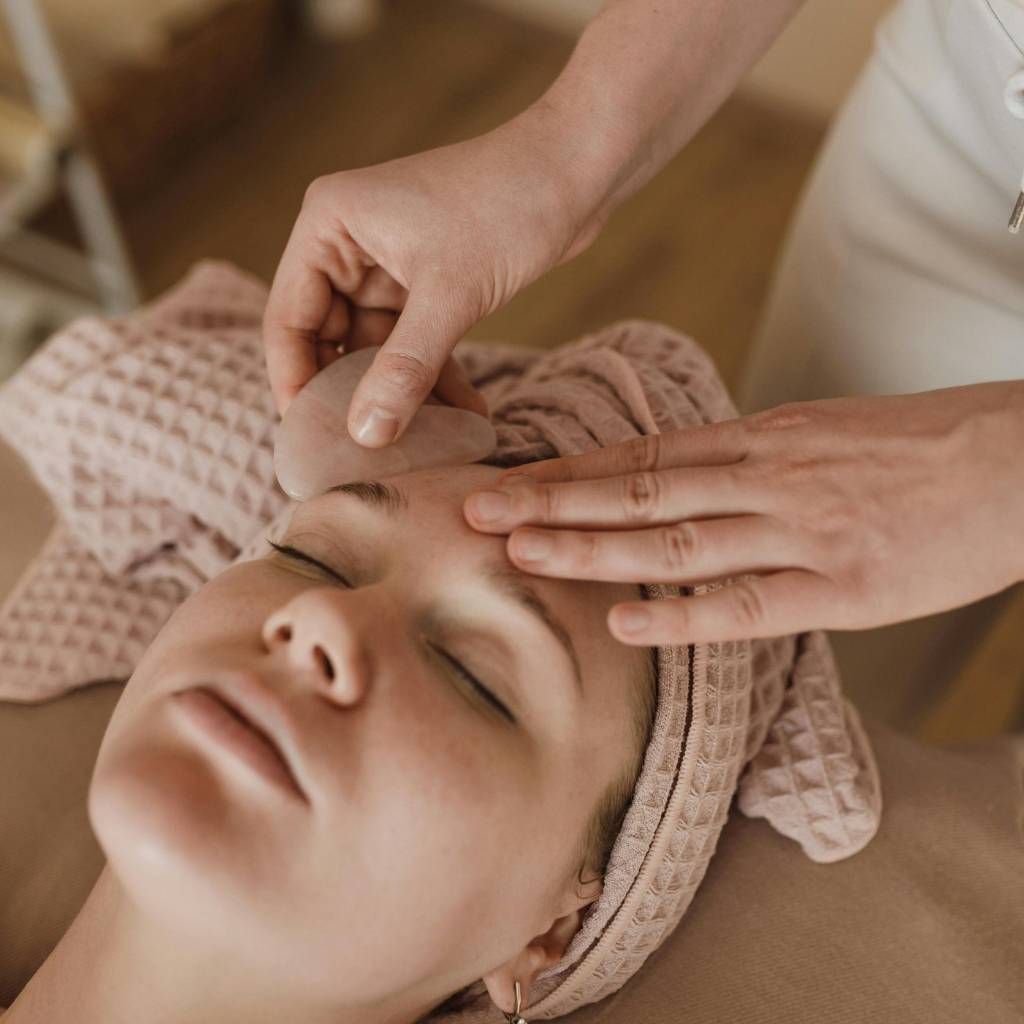
Jungle Team
June 13, 2021
Hi Kha!
Yes, we do! All of our bamboo and coconut products are tested by SGS, the world’s largest independent laboratory group. The tests detail whether our products are natural or contain any amount of unnatural materials such as melamine resin/glue or any types of metals.
If any of our customers would like to read the test’s findings, we are more than happy to send copies to proof that our products are natural. You can request this by emailing zerowaste@jungleculture.eco
Have a great day!